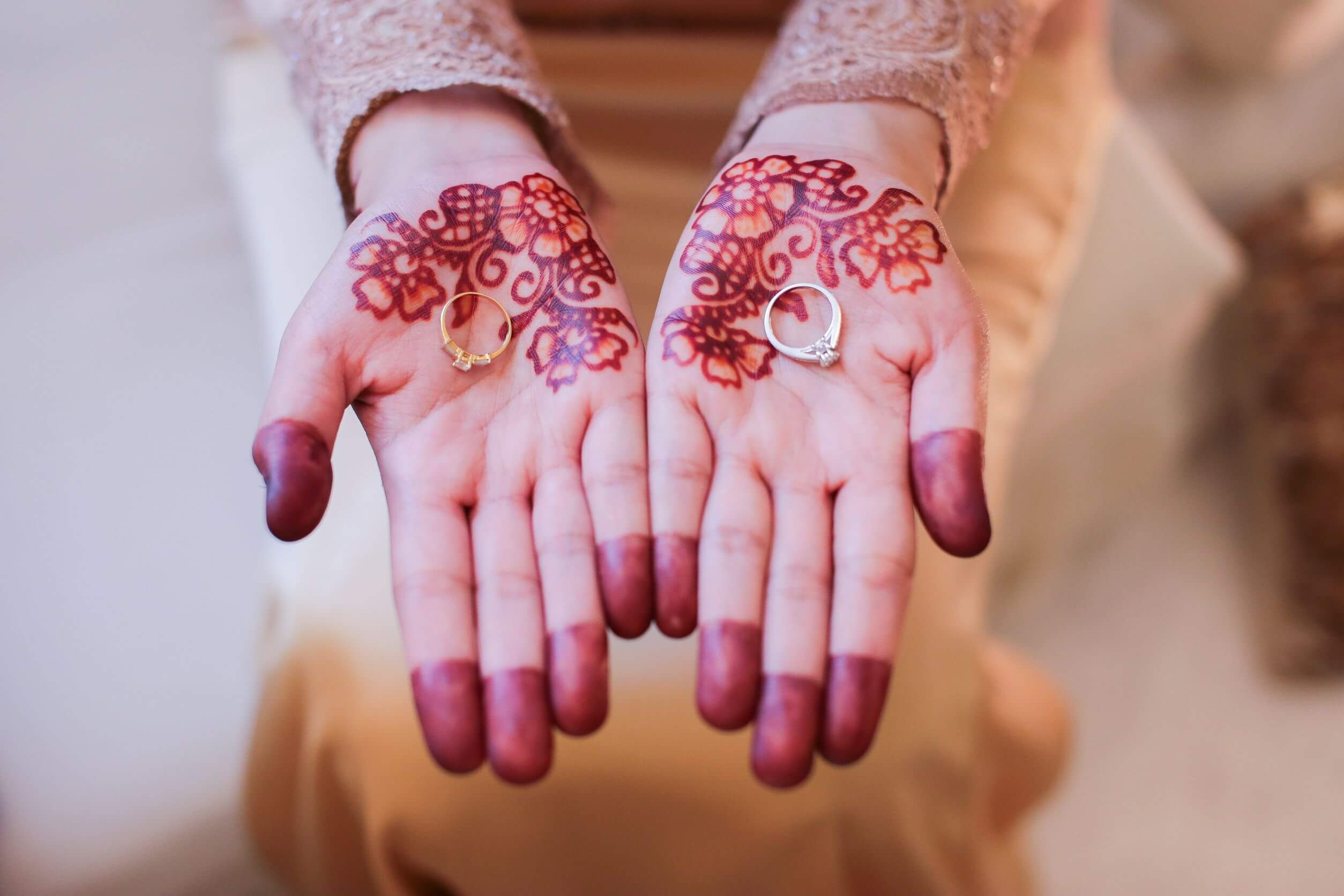Many Muslims in the UK want to know whether the English laws recognize Nikah as being legally valid. Most British Muslim couples have had a Nikah, a religious ceremony, and the majority of them have no idea that their union is not protected by the law.
Islamic Marriages and English Laws
Yes, Islamic faith marriages do not fall within the scope of English laws. For a marriage to be valid, a civil registry marriage has to be performed, as required under UK laws.
If the marriage is unregistered, the couple is not given legal protection in the event of divorce. Most Muslims do not register their marriage through an additional civil ceremony which strips many Muslim women of their right to obtain a civil divorce.
Additionally, couples will be in a vulnerable position legally on separation and can not make applications for financial claims for themselves and their children.
Legal Consequences of Unregistered Muslim Marriages
An unregistered Muslim marriage is not recognized as valid marriage unless complemented with a civil ceremony. The majority of young Muslim marriages are not registered, therefore, they have no rights Under UK laws as husband and wife.
Under English laws, couples with unregistered marriages are considered ‘co-habitants’. In case of divorce or spouse’s death, they can not make claims to pension or inheritance.
Filing For Divorce If Your Nikah is Not Legally Valid
Generally, couples can not file for divorce if the Nikah took place in an unregistered building and was not followed by the civil marriage. In this case, English law recognizes your marriage as ‘non-marriage’.
Therefore, the court has no powers to make orders for financial provisions or division of matrimonial assets. At this point, couples can opt for dissolution of marriage under Shariah law.
Importantly, Islamic faith marriage is only considered a valid marriage in the UK if the Nikah ceremony was performed overseas in a country where it is recognized as legally valid. In this case, you can get a divorce in an English court.
Plan Ahead For a Civil Ceremony
No one likes to start their married life thinking about divorce. The Muslim couples in the UK need to plan ahead and have to perform a civil ceremony separately beside the Nikah.
A registered marriage gives them legal protection from separation. They can apply for divorce, financial support, child custody, and property rights.
Muslim Marriages in the UK – Change is needed
Nikah is a non-qualifying ceremony, not legally recognized under English laws. Couples have to undergo a separate civil ceremony to register their marriages. Change to the legislation is required to ensure all religious and interfaith marriages are recognized under English laws. Moreover, they get the legal protection and rights as a married couple.

